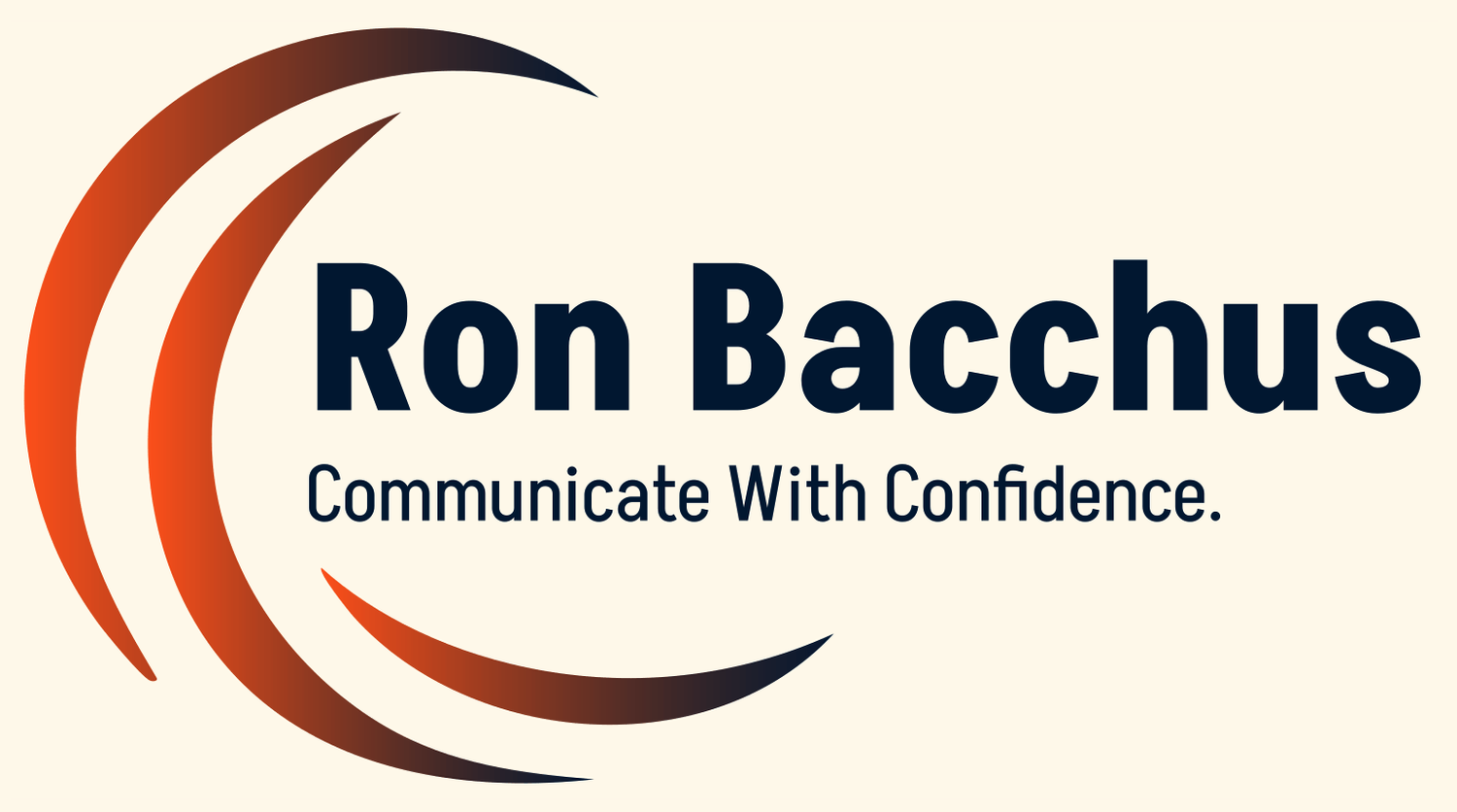Work Smarter, NOT Harder
Work Smarter, Not Harder.
We have all heard it said but what the heck does it actually mean? And what do I need to do to work smarter, not harder?
I believe the true intent of this world renowned phrase has just as much, if not more, relevance as it did when it was first coined. That why I believe it to be so very important to share with you 7 Tips you can start using TODAY to Work Smarter.
According to Catherine Giordane the saying Work Smarter, Not Harder was coined by an Industrial Engineer named Allen F. Morgenstern In the 1930’s. Mr Morgenstern created a work simplification program directed at increasing the production quotas of people, while concurrently reducing the effort of those same people.
Considering the context of the mantra in the 1930’s, I believe the current significance of the popular adage remains:
Using current tools to execute tasks, without increasing effort,
Looking at innovative and creative means to accomplish more with less,
Prioritizing tasks and creating systems to increase workflow momentum while decreasing time loss.
So for our purposes, lets define Working Smarter as the ability to generate increased productivity while reducing our energy input.
How can we do that?
Check out the 7 quick tips below.
Tip 1) Create Flow
Flow is reached when an individual is so fully engaged in an activity that an intrinsic satisfaction or enjoyment radiates from the activity.
Within the realm of positive psychology there is what is referred to as a state of “Flow”. As Wikipedia details…
“Flow is characterized by the complete absorption in what one does, and a resulting transformation in one's sense of time”.
When experiencing Flow, you become so hyper attentive to what you are doing that other distractions fade beyond your awareness.
I have learned hat the only way to Work Smarter and Not Harder is to create Flow: it simply is the only sustainable way to be the most effective and the most productive version of yourself.
Personally, I have always been fascinated with the concept of Flow. As a child I found an activity that created and sustained Flow. As a child though, the awareness of this concept was beyond my age. And as such, it slipped away from me during my early teenage years and remained lost to me for decades.
It was only while completing my graduate degree, that I became re-acquainted with FLOW. To say I was a good student would be a stretch. More accurately, I was an adequate student who was plagued with procrastination. For me, procrastination was a double edged sword: I hated the pressure of completing assignments at the very last minute, but I often did my BEST work when completing assignments at the very last minute. A paradox for me, for sure.
Sitting down to write papers was a huge chore for me. But once I got going, my creative juices started to flow and my ideas poured out of my finger tips with no more difficulty than the water pouring out of a tap. I felt unstoppable. Fully immersed. And Invincible.
My creativity birthed ideas. And new ideas sprouted more ideas. And with more ideas my energy surged to the highest of high levels. Hunger was silenced! Fatigue, diverted!
I was blissfully captured in the process of bringing my thoughts to expression.
Time was irrelevant.
(For me) Expressing myself in written form always created Flow. I loved it as a child. I love it now. And I suspect it will always be my one true love. Like dreaming a dream that you never want to wake from, I am passionately consumed with writing.
And once I understood that, I found the 1st Key to Working Smarter…
When you identify what creates Flow for you, the next step is exploring how to incorporate it into your life: professional and/or personal. Doing so, is your initial step towards Working Smarter.
Ask Yourself
What is it that creates Flow for you?
What activity can you lose yourself in?
What is it that when you do it, you live in a state of contentment and joy?
Tip 2) Be Intentional
There is always so much to do. And never enough time to do it. We often approach our days by doing as many things as we can, covering as much ground as we possibly can, and then calling it a day. As a result, we don't do any one thing well.
Are you familiar with the Pareto Principle: aka the 80/20 rule?
Without going into too much detail, essentially the principle is a guide that alludes to the notion that the majority of results come from a minority of effort. Let me say that again….
…the MAJORITY of results comes from a MINORITY of effort.
Let that soak in for a minute.
To illustrate, let's look at the operations of your cell phone. When you first purchased it, and started exploring it, it probably took you little effort to familiarize yourself with the texting app, the camera, setting up your email, locating/using the keypad for the calling features so on.
20% Effort of orient yourself to 80% of the features of your phone.
Conversely, I suspect when you explored the new and specific features of your phone, that took a bit more effort and time. For example, understanding how to use Bixby, how to adjust the settings to your preference, or personalizing the phone more to your liking and so forth.
80% Effort to understand the remaining 20% of the features of your phone.
Complementing the Pareto principle is the Law of Diminishing Returns. This Law essentially says as energy/effort is expended, the effectiveness of the energy/effort transfer diminishes.
So in simpler terms, the more effort you direct towards a thing...over time….your effort becomes less efficient.
Studying is a great example of this. Remember when you were in school? Did you ever “Cram” for an exam? The Law of Diminishing Returns dictates that by studying all night for a test, your efforts become less and less effective over time. I suspect the proof of that, may be in the grade you received for that test. In consideration of this Law, it would be most prudent to study in short focused spurts.
ASK YOURSELF: What does being intentional mean for me?
Where can I get the most bang for my buck?
In what areas, can I afford to spend 20% of myself (time, effort, energy, etc) and have the 80% result be sufficient?
In the areas that I require the remaining 20%, how do I minimize the impact of the Law of Diminishing Returns?
Asking yourself these questions will undoubtedly maximize your time and make you more efficient…..substantially increasing your ability to Work Smarter, Not Harder.
Tip 3) Leverage your unique strengths and talents
Defy society and embrace your unique strengths and talents. Don’t buy into the ideology that you are “less than”. Or that you need something external to overcome or hide what society has told you are your deficits. You are more than enough. Your strengths and talents are your wings and give you the ability to soar to any height you choose.
Consciously move away from deficit-based thinking. Avoid powering negative thought processes by focusing on what you CAN do. Not on what you can’t.
Everyone “can’t” do something; No one can do everything.
Train yourself to consider everything that you CAN DO! Reframe your perspective towards Asset Based Thinking.
Let’s start together. Answer the following…
What do I do well?
What do I enjoy doing?
When am I the happiest and most content?
What have others told me I am good at?
By focusing on your strengths and talents you open yourself up to novel opportunities to utilize those strengths in new and exciting ways. It’s a shift, I know...but it’s a powerful tool towards Working Smarter, Not Harder.
Mind Play
Imagine, a large plate before you. And filling the plate are green ping pong balls labelled My Problems/ My Challenges. Then imagine another box of orange ping pong balls labelled My Skills/ My Talents beside you.
Now…
Think of 1 specific skill and talent you have.
Identify one specific Problem or Challenge you are facing.
Consider how your Skill or Talent can provide a solution to the Problem or Challenge you identified.
Once complete, imagine taking a green ball labelled My Problems/ My Challenges off your plate and replacing it with the orange ball labelled My Skills/ My Talents.
Repeat
Complete this activity. What is your end result? How would this Change Your Life?
Shifting your thinking in this way has many benefits; both direct and indirect. And doing so breeds Innovation and Creativity. Both of which are the foundation of Working Smarter and more effectively.
Tip 4) Positive Self Messaging
We all have that internal voice in our heads that causes us to question our confidence, our worth and our value. That voice that expresses fear by creating self doubt.
Most often however that voice deprives us of valuable experiences. Experiences that will develop our skills and affirm our sense of competency (Ironic isn't it?).
We must train ourselves to replace the negative messages we tell ourselves with more positive and affirming thoughts.
| Slow Things Down | |
|---|---|
| Practice | Stop |
| Conscious & Slow Breathing | Breathing rapidly |
| Slow your thinking down | Thinking rapidly |
| Feel what you are feeling | Allowing your feelings paralyze you |
| Identify your feelings | Ignoring your feelings |
| Validate your feelings | Minimizing your feelings |
| Eliminate Negative Messages | |
| Practice | Stop |
| Positive Affirmations | Listening to negative comments; from others OR yourself |
| Reflecting on your value and worth | Self defeating internal dialogue |
| Remind yourself of specific successes, talents and attributes | Beating yourself up |
| Recognize Black and White Thinking | |
| Practice | Stop |
| Identify extreme thoughts | Over generalizations |
| Weighing evidence against possible outcomes (critical thinking) | Catastrophe thinking: thinking the worst with little or no evidence |
| Recognizing opportunities for growth and development | Considering new opportunities as chances for failure |
| Recognizing cognitive distortions or faulty thinking | Polluting your self image with untruths and false statements |
Tip 5) Organize your day/tasks
In order to maximize your day, you NEED to Organize Your Day. There are no two ways around it. Organize Your Day!
In my experience, dividing the day up into 3 parts is the most effective way to Organize Your Day. I categorize the tasks that I need to address in my day in the following manner…
| What do I NEED to do? | What do I ENJOY doing? | What GROWS my Skills? |
|---|---|---|
| - Review Budget - Performance Management Conversation - Update Policy |
- "Checking in" with team - Announcing team Successes/Kudos - Collaborating with partners and stakeholders - Report writing - Recruit new team members |
- Attend training - Consults - Briefing with Director - Create protocols for staff evacuation of premises |
5.1) What Do You NEED to Do:
We all are tasked with jobs we simply do not enjoy. Tasks that seemingly rip the very life out of us. But tasks, nonetheless, that need to be completed.
Whenever possible, I complete these jobs first. Considering the Law of Diminishing Returns, I find it helpful to focus my fresh energy towards completing tasks that I don't necessarily like or enjoy first. By adopting this strategy, I find it easier to complete such tasks as I have more patience and tolerance first thing in the morning.
I also find it comforting knowing that this part of my day will be the toughest; and the rest of my day will be full of activities that I derive happiness and value from. I like to get it out of the way.
But that is me. You may wish to tackle these tasks differently and at a different time in your day.
5.2) What Do I ENJOY Doing
Having fun in your work is vital to Working Smarter.
When work is perceived to be work, days can be long and the time between weekends can seem like an eternity.
I have been fortunate. For the majority of my roles, I have found many activities that I enjoyed. Spacing these activities throughout my day keeps me motivated, productive and happy.
With that being said, I too have occupied roles where finding the fun at work was difficult. Not impossible, but difficult for sure. I had to look hard. I had to look actively. And I had to look deliberately. Finding tasks that you enjoy is very important on how you perceive your work.
If you truly are unable to find tasks that enjoy at work, my next question would be “Are you in the right line of work”? But that is another conversation….
5.3) What GROWS my skills
Working Smarter, Not Harder means developing your skill set(s). Developing new skills prepares you to take on new responsibilities and to take advantage of emerging opportunities.
Proactively preparing for future opportunities is a great way to Work Smarter.
When considering how to GROW your skills reflect on the following:
What will prepare me for the challenges I will face tomorrow?
How can I separate myself from the rest of the pack?
How can I become more resilient?
How can I align my values and beliefs with my endeavors?
Tip 6) Make the time
Have you ever found yourself so stretched for time that you simply can't squeeze another thing into your day or week?
I have heard it time and time again. In fact, I used to say it time and time again: “ I just don't have the time”.
Do you tell yourself, I just don't have the time to…
Make the Time
The irony is that when you are so completely taxed and just don't have a spare moment to do not even one more thing, that is when that one more thing happens. Something unforeseen comes up and needs your attention.
You know what I mean: your child says they need a ride to a friends, your boss assigns you another priority project, conflict erupts on your team, etc. What did you do?
I bet,…You made it work! You found the time.
After my children were born, I routinely said (and genuinely believed) I didn't have the time to go to the gym and exercise. I felt like I needed to be home with my family during my spare moments. This belief lasted several years.
As you may imagine, my weight skyrocketed due to inactivity. And subsequently I experienced several health related issues. My focus then shifted drastically. I was more concerned with leaving my young family if I died (yes, very dramatic I know…but true nonetheless) because I didn't take proper care of myself.
You can bet that I FOUND the time to take care of myself and go to the gym.
Regardless of what it is, if it is important to you and if you prioritize it….there is time for it.
You simply have to make the time.
Tip 7) Focus on Solutions NOT Problems
Focus on what you want NOT want you don't want!
Mind Play
Let me ask you, how many RED cars did you see in the course of your day today? Do you know? Most likely not...and there is no shame in that.
If however, I ask you to provide me with your answer tomorrow, would you know? Of course you would! You would absolutely be able to respond to my question with a very clear number.
But what’s the difference between the two scenarios? The second question positions you to pay attention to RED cars; you become acutely aware when you see one.
The same principle applies to solutions. When you actively look for solutions you will be amazed at how many you can identify. Just like smiling faces on a bright Spring day, you will be amazed at how many solutions present themselves when you shift your focus and just look for them.
Summary
These 7 fundamental “shifts” will help you realize the truth of the popular phrase Work Smarter, Not Harder. I can guarantee that utilizing them will transform your experiences with work. Your perspective will shift. And your ability to Work Smarter will skyrocket.
I have used these tools as the basis of my work with both individuals and organizations for years. And they always reveal positive and desired outcomes.
Create Flow
Be Intentional
Leverage your unique Strengths and Talents
Positive Self Messaging
Organize your Day
Make the Time
Focus on Solutions not Problems
If you are serious about Working Smarter and Not Harder, simply action these tools and immediately see the benefits.
If you found value here, please SHARE among your family, friends or on your favorite Social Media Channel.
In the Comments below…
Tell me which tip(s) you will start using today.








